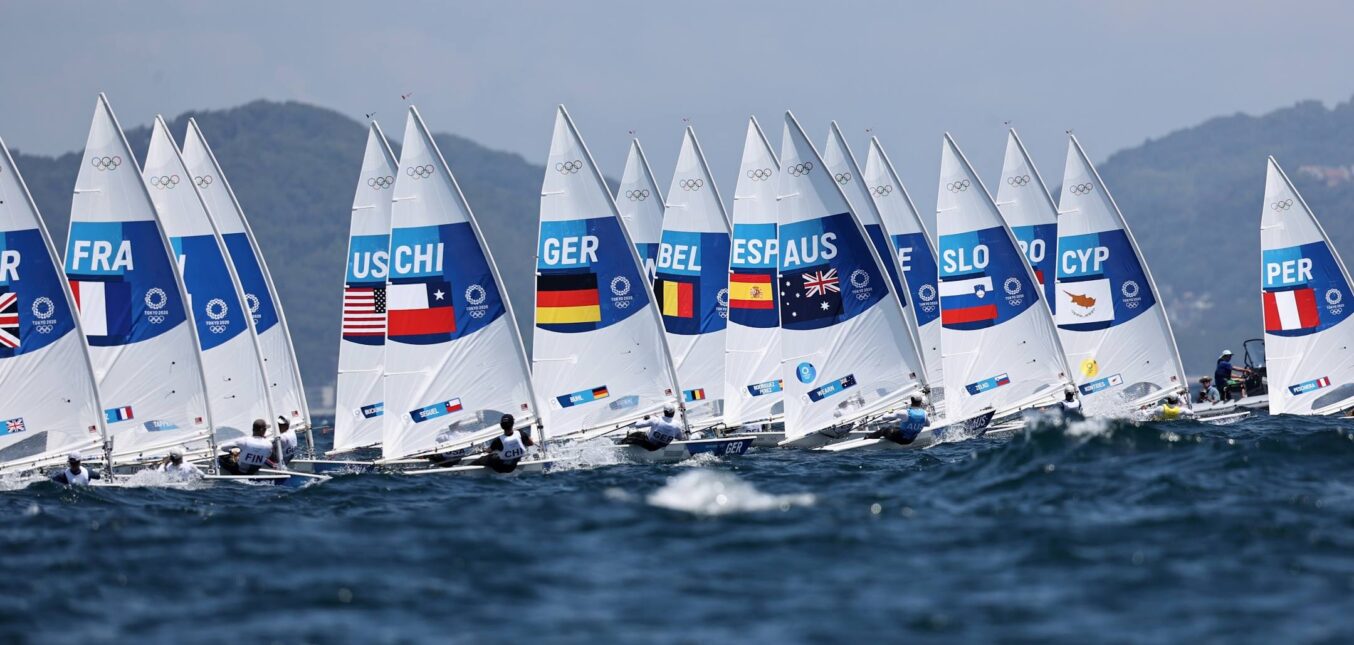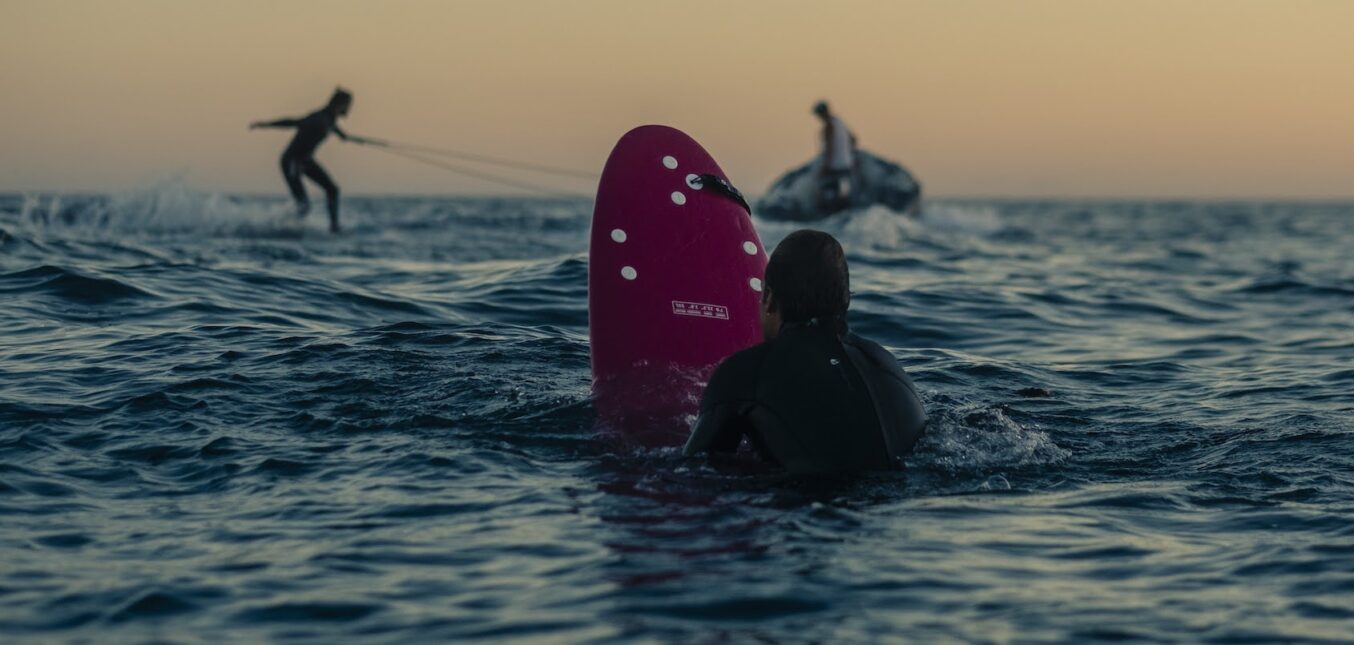Ahoy, Adventurers! Ready to set sail on a magnificent maritime journey? If you’ve ever dreamt of feeling the wind in your hair, the salt on your skin, and the thrill of conquering the open waters,…

Why dinghy sailing is an essential first step for every future sailor!

Surprises for the upcoming season!
23/06/2023 Ahoy Pirates! Sailing courses for season 23/24 are now live. We have some news for you! Summers in Tenerife are really hot, really steamy and really windy (yes, really, all of these at once!).…

Tokyo 2020 #sailing
Lasers during Tokyo 2020 Olympic Games ⛵️Some of the most breathtaking shots from this year’s Olympic Games🇯🇵 come from sailing. A row od small dinghies with Mt Fiji🗻 in the background it is! The games…

Safe holiday during the pandemic? 😷🤔 Yes- it is possible with Amarilla Sailing Club in Tenerife🏄♀️
Plan your carefree holiday with Amarilla Sailing Club in Tenerife! Safe holiday during the pandemic. The ongoing pandemic has changed our lives forever. There is no going back to the pre-COVID times, that’s for sure. Does it mean that we won’t be able to carry on doing what we love and what makes us happy?…

Marina San Miguel Regatta, 28.12
Another year has almost passed. To celebrate- Marina San Miguel is organising a special day for all the staff, visitors and friends of the Marina. On the 28th of December we will start with the cleaning of the Marina, then held some regattas and organise other activities. We will finish in the evening with a…
Sailing instructor job
Amarilla Sailing Club is always looking for experienced coaches and sailing instructors to join our team. We run courses on Sigma Active Ocean dinghies and Lasers. Most coaches are contracted only for a particular training-…
